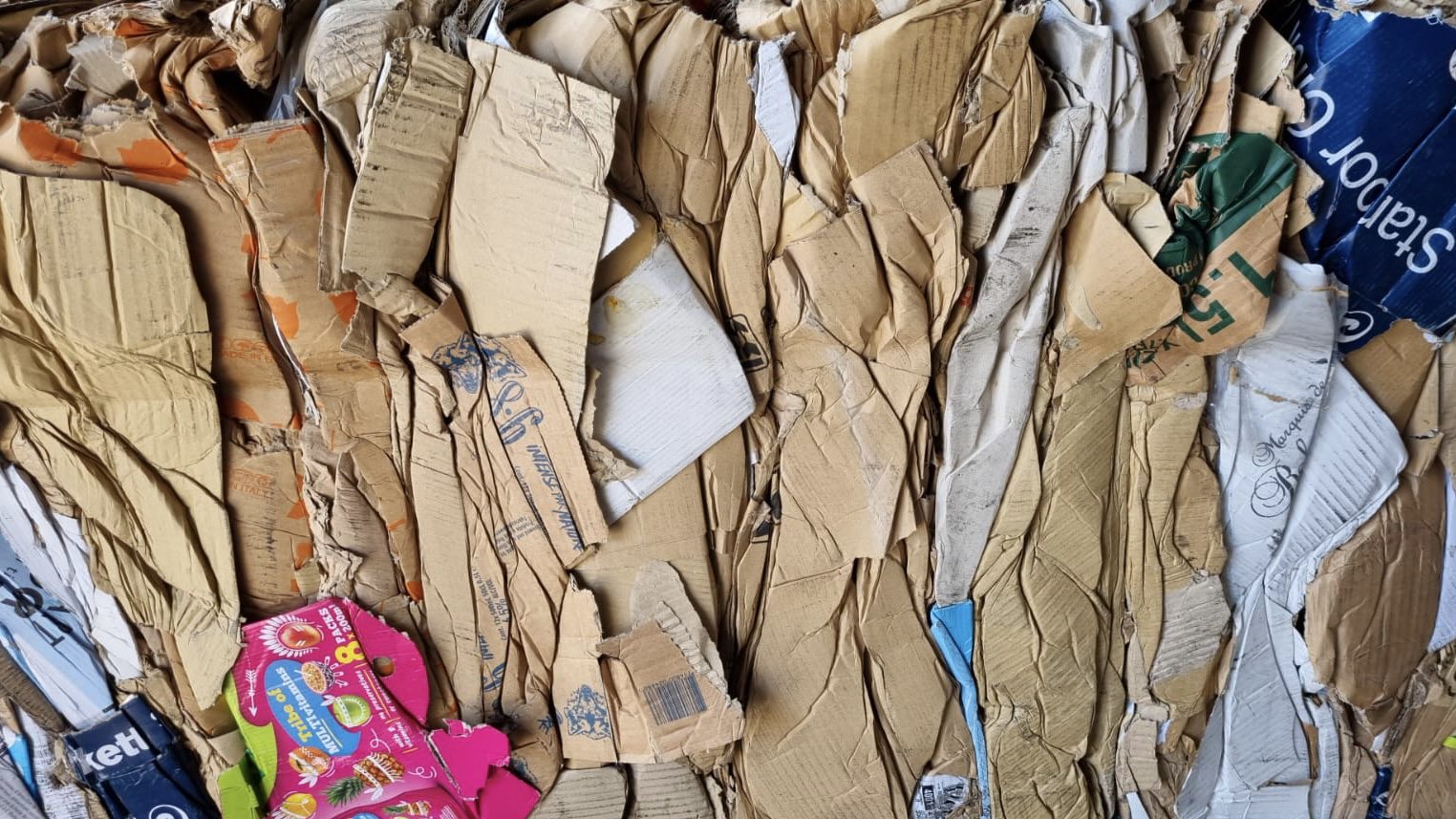
Pulp Eco Trade
The future of trade
Over the years, the export of materials for recycling has encountered more and more obstacles. Lot of importing countries across Asia are tightening import regulations. This tightening is mainly linked to their environmental awareness as well as the need to develop their own waste collection and sorting on a national level.
In the near future, the export market of waste to be recycled will be extremely complicated from Reunion Island, since our traditional markets are in South-East Asia and India. Many of the traditional markets are considerably enforcing their quality requirements. This is quite a natural expected development. The economic conditions for exporting to Europe and particularly to France mainland are totally different from those for exporting to Asia. Due to this, some waste qualities would not be economically recyclable anymore. It is therefore time to turn to the local transformation of our waste into secondary raw material. The traditional markets are wide open for these pure clean products.
A little bit of geography
To situate Reunion Island on a geographical plan, it is important to see the main shipping lines that serve it.

Current situation
Pulp Eco Trade can export, the following materials for recycling for its public and private customers: paper, cardboard, plastic, ferrous and non-ferrous metals…
All this will be done in total compliance of the European Waste Management regulations and with a door-to-door traceability. The Pulp Eco Trade team takes care of the full administrative part related to the export. The export of our materials is oriented towards the Indian peninsula, South-East Asia, the Mediterranean basin and also towards the other countries of the European Union as well as the United Kingdom.
After the opening of the plant

Pulp Eco Trade takes in charge the export logistics of the recycling plant‘s production and continues to be at the service of the principals concerning the recyclable waste which is not reprocessed in Reunion. We can take in charge also all these qualities from else-where in the world on a cross-trade basis.

What happens to our waste?
But what happens to our recyclable waste once it reaches its destination port?

A second life for our waste?
 The paper becomes newsprint or duplex.
The paper becomes newsprint or duplex. The cardboard becomes cardboard again in the form of a Kraft roll.
The cardboard becomes cardboard again in the form of a Kraft roll. The cardboard boxes duplex packages.
The cardboard boxes duplex packages. Plastic bottles and trays (PET) are more and more returned to what they were : Bottles. They can also become polar blankets, down jackets or fill the inside of pillows.
Plastic bottles and trays (PET) are more and more returned to what they were : Bottles. They can also become polar blankets, down jackets or fill the inside of pillows. The bottles of washing powder (HDPE) become planters and other urban furniture sold by our sister company BA ECO.
The bottles of washing powder (HDPE) become planters and other urban furniture sold by our sister company BA ECO. The scrap metal becomes finished metal again, such as sheet metal, angle iron or concrete reinforcing steel.
The scrap metal becomes finished metal again, such as sheet metal, angle iron or concrete reinforcing steel.
These new recycled products integrate the normal economic world and participate actively in reducing the needs of primary raw material.


